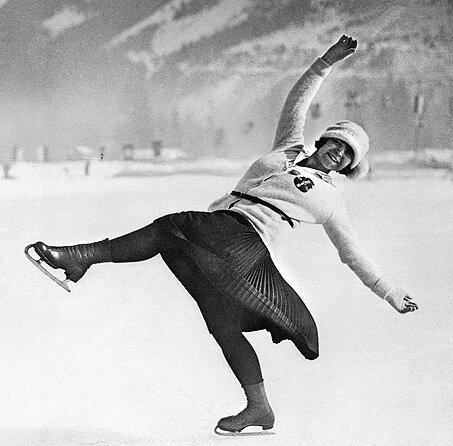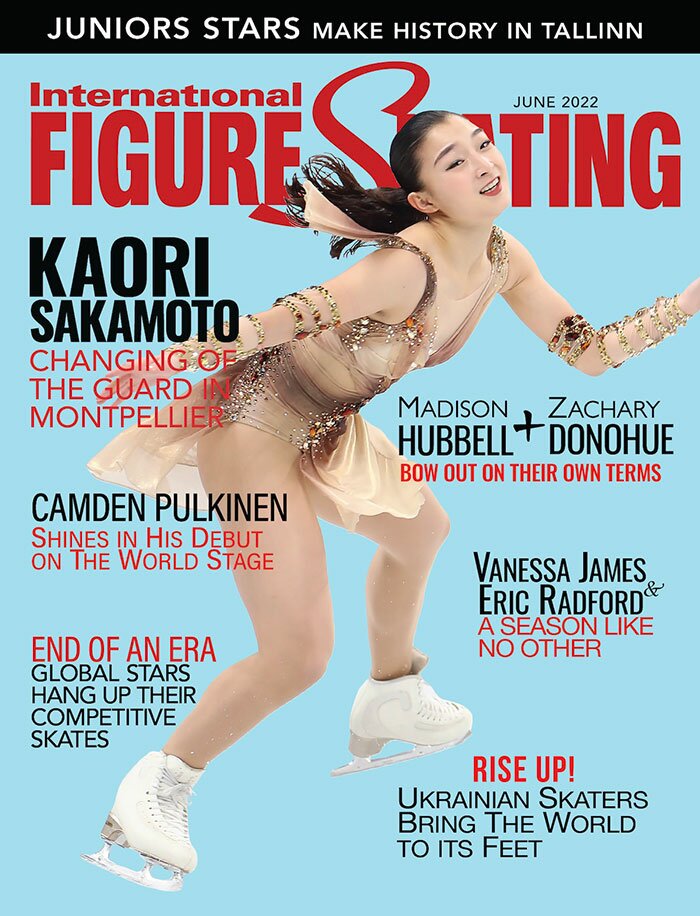

Herma Szabó
Have you ever wondered what caused the International Skating Union to enact the “one judge per country” rule? The answer to that question lies in an event that took place 94 years ago, and involved two figure skaters — one of which was Herma Szabó, a person many have likely never heard of.
Szabó, the most decorated female skater in Austrian history, had enjoyed an uncontested reign in the years leading up to the 1927 World Championships. Over a span of six years, the Vienna native claimed five World singles titles and two in pairs, and made history when she was crowned the first Olympic ladies champion at the 1924 Olympic Winter Games.
A year later, Szabó earned a place in the record books when, just a week shy of her 23rd birthday, she claimed the 1925 World titles in ladies and pairs (with partner Ludwig Wrede), an accomplishment that to this day has never been repeated.
Szabó cemented her place in history as the founding member of a very exclusive club as the first woman to claim five consecutive World titles (1922- 1926).
However, her run came to an unprecedented end at the 1927 World Championships in Davos, Switzerland. There, Szabó found herself the underdog to a 14-year-old Norwegian upstart named Sonja Henie, who won the title in a controversial judging decision. Three of the five judges, all Norwegian, placed Henie first while the two judges from Germany and Austria had Szabó first. The subsequent uproar forced the International Skating Union to enact the “one judge per country” rule.
Amid the furor, Szabó and Wrede claimed their second World pairs title and Szabó promptly retired.
Eight decades later, only three other women have joined the exclusive club unwittingly founded by Szabó: Sonja Henie, the all-time record holder with 10 consecutive World titles (1927-1936); Carol Heiss, with five consecutive crowns (1956-1960); and Michelle Kwan who also won five over a span of eight years (1996-2003).
RELATED CONTENT:
PIONEERS OF THE SPORT



